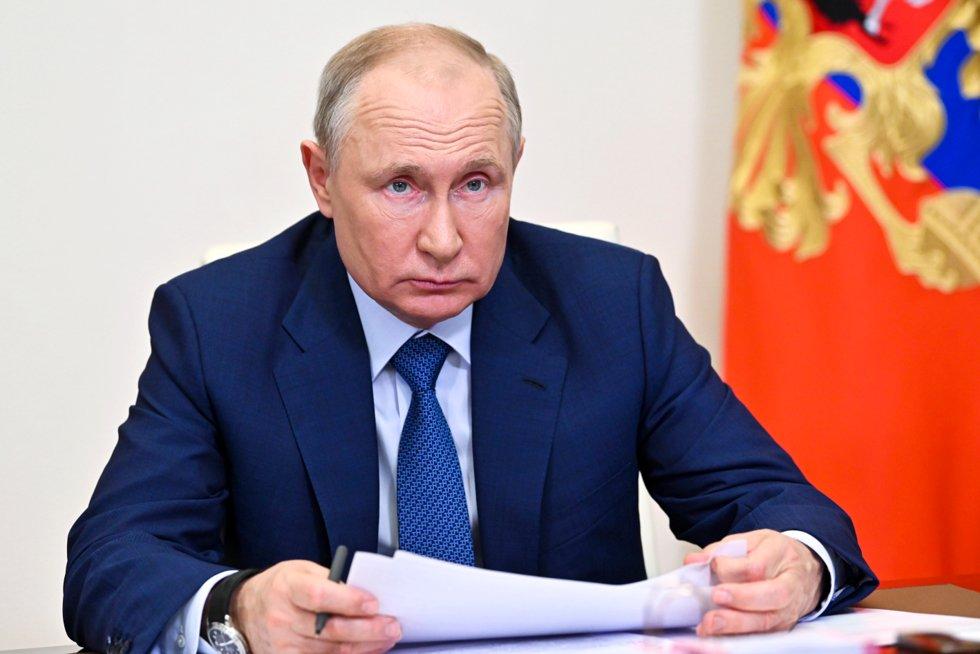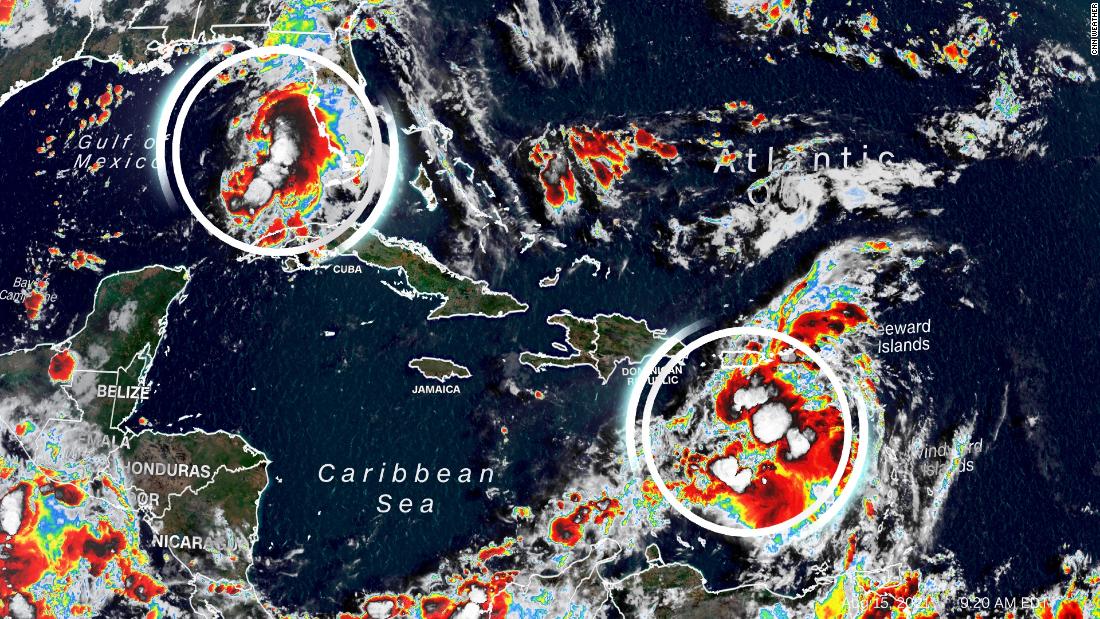Rainsford has learned the language, studied the culture and people, the country’s history and worked from time to time as the BBC’s Moscow correspondent.
– I have really loved trying to tell Russia’s history to the world, but it’s getting harder and harder to tell a story. Still, I did not expect this. It’s shocking, says Rainsford.
Will never come back
The journalist’s visa expires at the end of August, and Russia has no plans to renew the visa. Rainsford herself has been told that she will never return.
Russian state media have told the BBC that this is revenge for Britain not granting visas to Russian journalists.
According to Rainsford, this is a clear sign that things have changed. Russia is closing in more and more from the rest of the world, she believes.
– Do not want such people here
When Rainsford was told that her visa would not be renewed, she tried to explain that she was not an enemy. She believes that she understands Russia, and that by talking directly to the people she can convey Russia to the world.
– The reality is that they do not want such people here. It is much easier to have fewer people here who understand and can talk to the people. It may be easier for them to have people here who do not speak the language, and who do not know the country very well, Rainsford reasoned.
– A direct attack on press freedom
The BBC itself calls the expulsion a direct attack on press freedom.
– The expulsion of Sarah Rainsford is a direct attack on press freedom which we unreservedly condemn, says BBC chief executive Tim Davie.
Davie says that Rainsford is an “extraordinary and fearless journalist”, who has acted independently and gone in depth when she has reported from Russia and the former Soviet Union.
The deportation takes place while relations between Britain and Russia are very strained, and after the Russian authorities have for a long time cracked down hard on opposition groups and the free media.
— .


